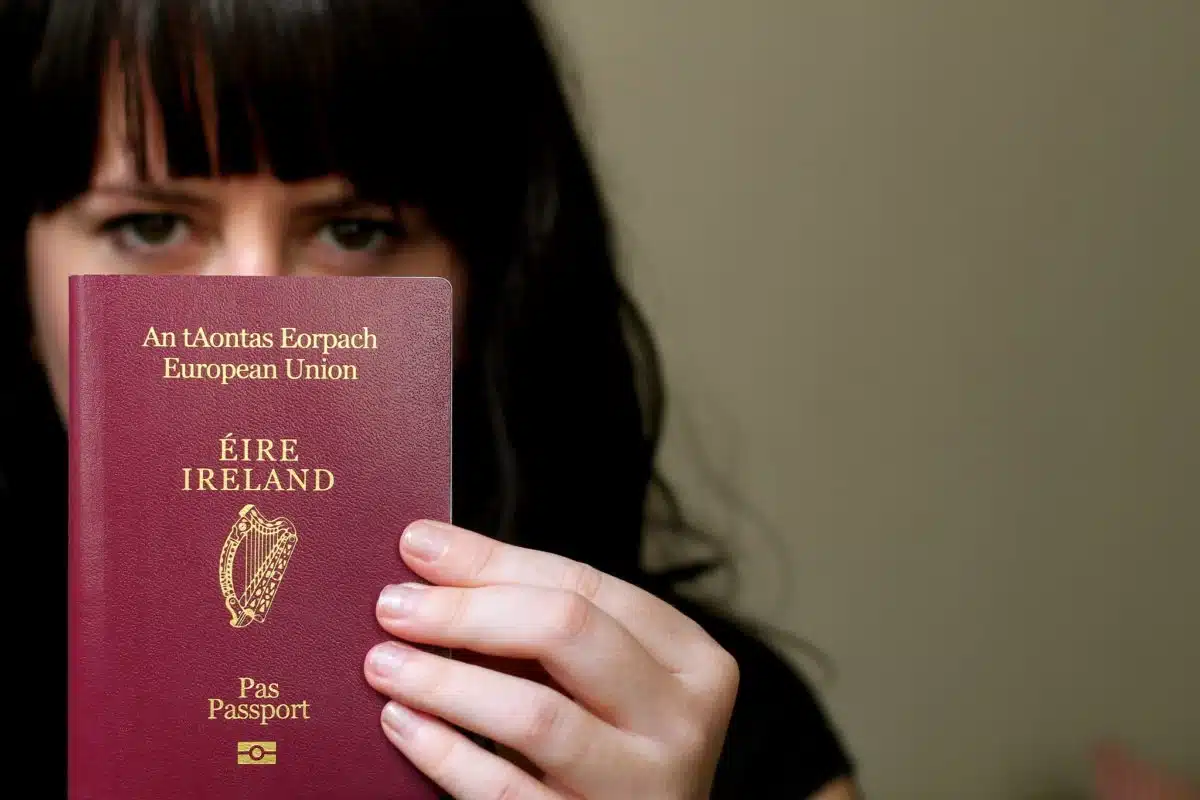Program for affluent investors known as "Ireland Golden visa" terminated

Following a spike in applications from China, the government decides to abruptly end a €1.25 billion initiative.
Following a warning that a phased closure could result in a surge of last-minute applications, the government decided to immediately end a program offering “golden” visas for affluent immigrants.
The Cabinet took the rare move on Tuesday of axing the Immigrant Investor Program (IIP) with just one day’s notice due to concerns in the Department of Justice about an increase in applications from China.
Justice Minister Simon Harris told the Seanad, “I have landed at the view that it is no longer appropriate to keep this scheme open,”.
Concerns regarding the acceptability of wealthy individuals with “no meaningful links” to the State other than the visa program’s funding of cultural, social, and economic activities led to the decision.
The program allowed non-Europeans with “at least €2 million” in personal wealth to reside in the State. In exchange, they had to make a $1 million investment in an Irish company, or in other cases, a $500,000 or $400,000 donation to charity.
Applications are no longer accepted starting at the close of business on Wednesday, February 15, 2023, even though the government gave a three-month grace period in certain instances.
Due diligence on the growing number of applications from one country had become “very challenging,” according to a private briefing note for ministers. A noteworthy shift toward “passive” civil society endowments was also questioned, as many of them had “no investment strategy and little employment creation,” according to the report. Concerns regarding the program’s “displacement effect” on other funding sources were also voiced.
It stated that applicants learned about the program through “the efforts of intermediate intermediaries” who were promoting it. International impressions of the program and worries that approved programs were perceived as having gained “a level of official approval” were risks to public policy.
Since 2012, the program has raised €1.25 billion for beneficiaries that have included Trinity College Dublin, University College Cork, Bartra and Fitzwilliam, and housing nonprofits iCare and the Peter McVerry Trust.
The decision to cease the plan was made in response to a suggestion made by justice officials last year that project applications be temporarily halted.
Mr. Harris stated to the Seanad that “What motivated my decision to seek Government approval to close the IIP scheme to new applicants effective from the close of business tomorrow – the 15th of February – was very clear advice to me from the Department of Justice officials – very clear emphatic advice – that the scheme has served its purpose.”
Following rumors that the program would be shut down, 2022 saw a record-breaking 1,316 applications, 1,316 of which, with the exception of 41, came from Chinese citizens.
306 applications were approved by the agency last year, with 282 of those coming from China, 10 from the US, and 14 from other countries. Only 13 other petitions and 251 Chinese ones were approved the year before.
The initiative was launched in 2012, at the height of the financial crisis. Although Mr. Harris claimed that a “significant investment” was made as a result, the situation had evolved over time. He said that the approximately 1,500 applications currently on hand will still be taken into consideration, saying that its termination would not have an impact on any projects or people already approved under the program.
“Existing approved projects will also continue to be able to source any new investors required to complete the funding of projects already approved,” his department said. “Projects approved by the Minister are expected to be completed as soon as possible, and no later than the timeframe set out in their business plan. Short extensions of the timeframe may be granted at the discretion of the Minister.”
Projects that have “significantly developed” but have not yet submitted a formal application will be granted three months to do so.



